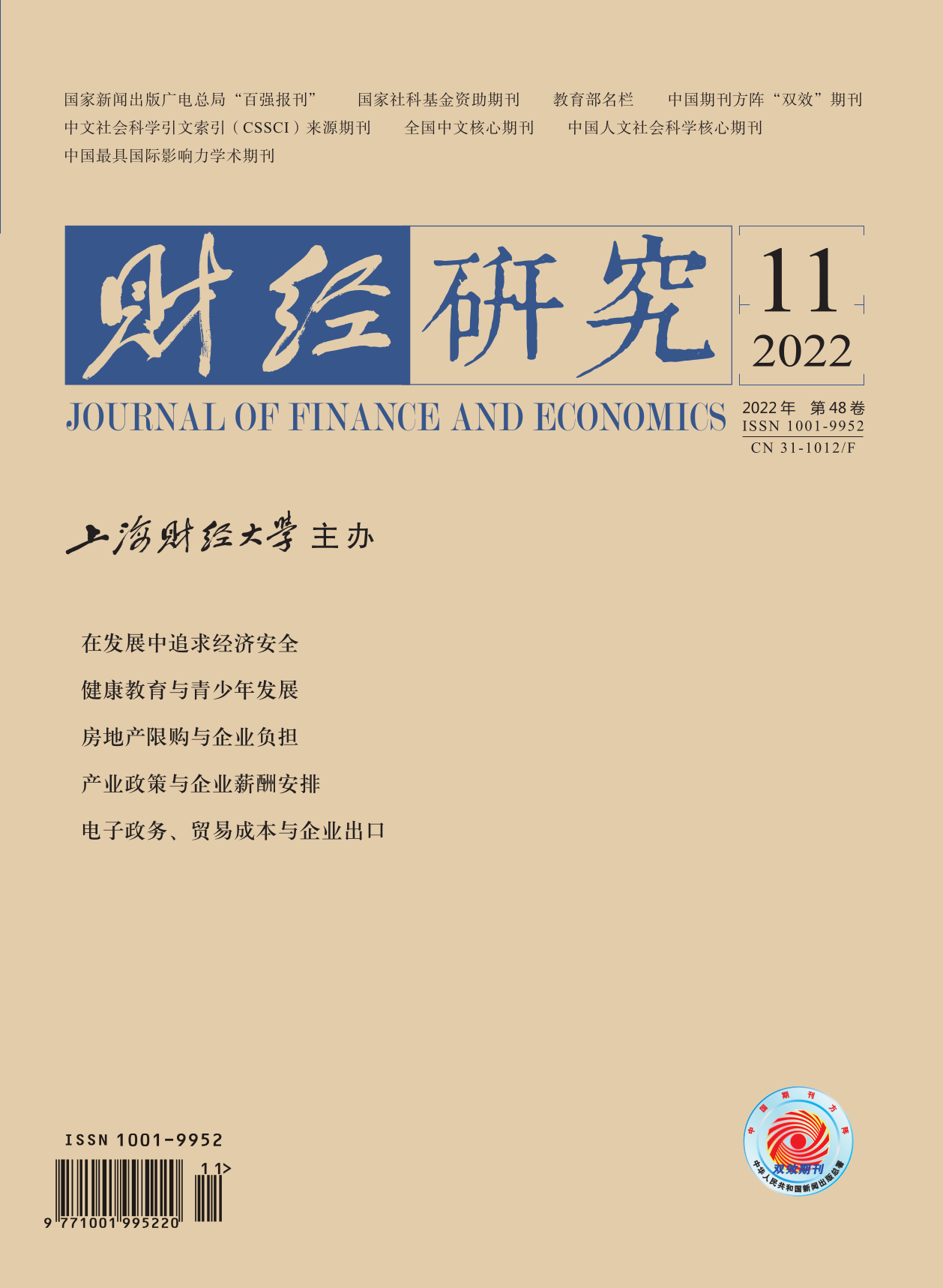The evaluation of industrial policy from income distribution can provide empirical evidence for dealing with the relationship between efficiency and fairness. It improves the synergy of industrial policy under the new development pattern from policy supply and deepens the understanding of the mechanism of macroeconomic policy on income distribution as well. Based on the perspective of enterprise payroll arrangement, we find that industrial policy significantly affects income distribution. Specifically, industrial policy improves the salary level of supported enterprises and reduces the internal pay gap, and the rise in the salary level of employees while no significant change in the salary level of executives is the intuitive reason. Furthermore, the stimulative effect of industrial policy, defined as the impact on supported enterprises since resources under the industrial policy are biased towards supported industries and enterprises, improves the salary level of supported enterprises. Industrial scale expansion and industrial upgrading are two important channels through which the stimulative effect of industrial policy affects the salary level of enterprises. The guidance effect of industrial policy, defined as the change in the behavior of supported enterprises due to the impact of industrial policy on the government-enterprise interaction, reduces the internal pay gap of supported enterprises. The convergence of the internal pay gap of non-state-owned enterprises supported by industrial policy to the internal pay gap of state-owned enterprises in the same industry is important evidence of the guidance effect. Both effects have improved the promotion effect of payroll arrangement on the innovation performance of supported enterprises, optimizing the organizational efficiency significantly. In addition, industrial policy also affects the payroll arrangement of non-supported enterprises by the spillover effect through the crowding-out of labor supply and the intensification of resource constraints.
The main contributions are as follows: First, this paper further comprehensively discusses the role of industrial policy on wage income, taking into account labor heterogeneity and the impact of industrial policy on non-supported enterprises, and expands the analytical framework for the impact of industrial policy on income by introducing external factors such as labor market and government intervention, which enriches the research on the impact of industrial policy on income and the synergy between industrial policy and income distribution system reform. Second, this paper finds that industrial policy can positively induce enterprises to care about the fairness of payroll arrangement, thereby promoting organizational efficiency and innovation efficiency, which is different from the existing conclusions that industrial policy will induce enterprises to speculate and thus weaken the effect of policy implementation. It provides a new perspective for the objective efficiency of industrial policy and the interaction between the promising government and the effective market. Third, this paper focuses on the impact of external environmental factors on enterprise payroll arrangement, which helps to expand the research on enterprise salary structure and its efficiency.





 3928
3928  2920
2920

